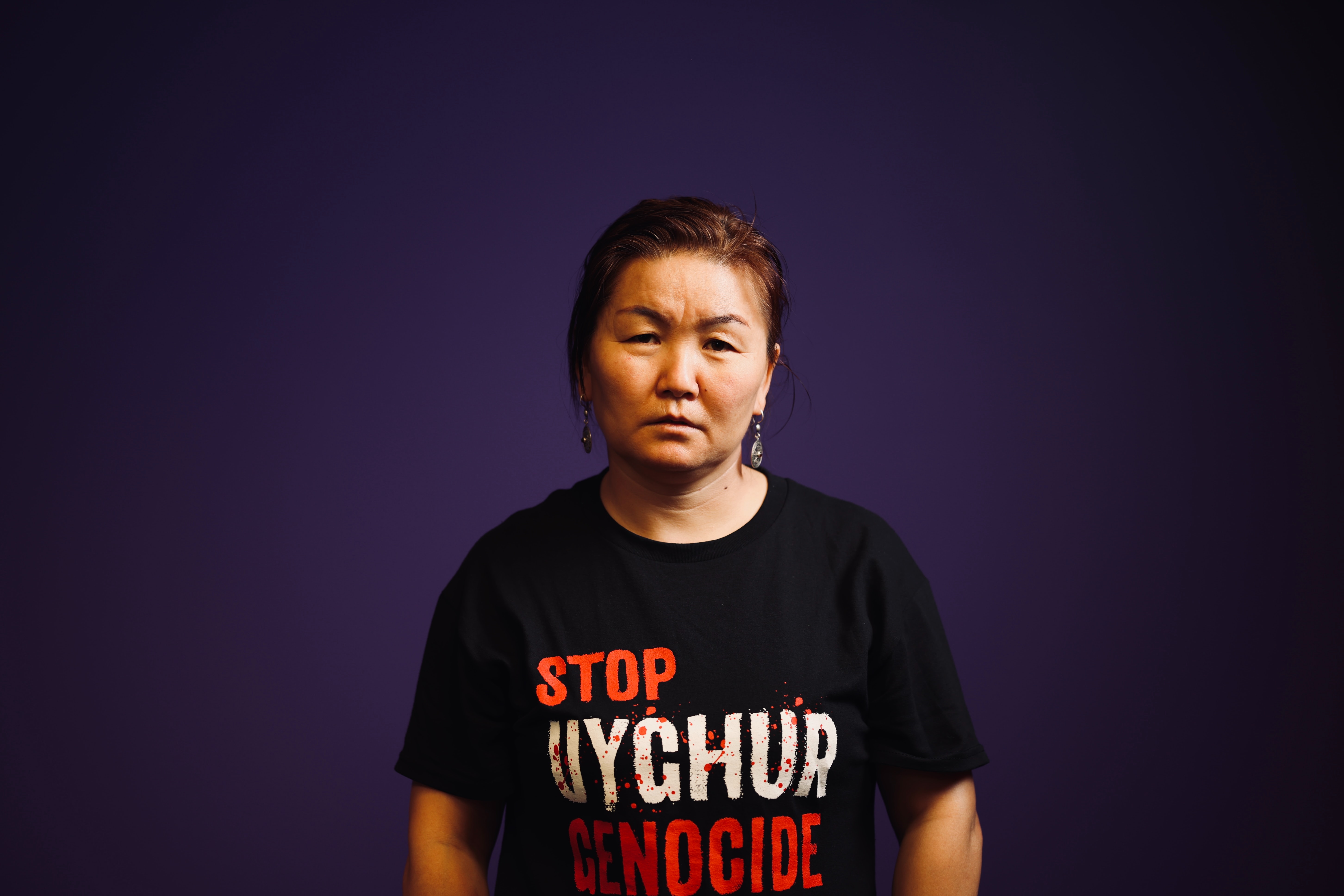Fashion Brands and Forced Uyghur Labour in China

Human rights abuses against the ethnic minority of Uyghur Muslims continue in China. The crimes committed by the Chinese government include, but are not limited to, detainment of Uyghurs in internment camps, separation of families, invasive surveillance measures, violence, and forced labor. And the world has also learned that Uyghur labor is exploited for the benefit of global fashion brands.
Last year, the Australian Strategic Policy Institute (ASPI) published a report detailing how the Chinese government transferred over 80,000 Uyghurs from internment camps to work in factories that supply global brands. The Canberra-based think thank, which specializes in defense and strategic policy, named 83 international and Chinese companies with factories within their supply chains utilizing forced labor of Uyghur Muslims. Of these 83 brands, many are fashion companies, including well-known names like Nike, Zara, and H&M.
The Xinjiang region of China, which is home to the Uyghur population, produces 85% of China’s cotton and 20% of the global supply. This cotton is distributed to factories across the region and country, making traceability of forced labor extremely difficult. So while the companies implicated claim to have opened investigations, the question is to what extent they can accurately be sure that their sourcing partners haven’t been involved at some point in what is essentially modern slavery.
In a statement on their website, Nike claims they have no relations with factories in the Xinjiang Uyghur Autonomous Region and said these allegations were “inaccurately reported by the Australian Strategic Policy Institute.” Nike also stated they do not “directly source cotton,” adding that they will be strengthening audit protocols. This statement raises a key issue around indirect sourcing. When companies do not directly source their raw materials, they can officially push away responsibility to other entities, and traceability becomes an even greater challenge.
H&M also denied knowledge of ties to factories using forced labor but canceled business relations with their Chinese yarn supplier due to these accusations and pledged not to source cotton from Xinjiang in the future. Like Nike, H&M said they would conduct investigations, a common claim amongst these major brands with little to no clear information on what these investigations will involve.
More recently, the companies who have made statements about forced labor and pulled out of Xinjiang have experienced a backlash in China. Chinese celebrities have boycotted and spoken out against certain brands in support of Xinjiang cotton. In addition, Chinese officials have blocked access to online shopping for stores like H&M, including blocking digital access to order a taxi to the physical stores. With these strategies massively impacting Chinese sales, H&M and Zara have removed statements from their websites that spoke out against forced labor and their commitment to investigate and cut ties with factories involved in Uyghur abuse.
This brings the issue to a new phase where brands have to decide whether to accept the backlash and lose Chinese markets in the name of ethics or, essentially, regroup and find a potentially questionable middle ground to maintain their markets. Unfortunately, choosing a middle ground would come at the expense of human rights and impact American and European markets. Many consumers are aware of the situation and are pushing for companies to be transparent.
Another consideration for companies is that new policies have been introduced since the report's publishing, with the U.S. banning cotton imports from Xinjiang in January of 2021. This bill halted a shipment from the Japanese clothing brand UNIQLO in the port of Los Angeles as the shipments of t-shirts were from the region. This came after the company said in an official statement that “No UNIQLO product is manufactured in the Xinjiang region.”
Additionally, the European Commission announced the Sustainable Corporate Governance Directive. This legislative measure mandates EU-based companies conduct investigations addressing human rights and environmental abuses in their supply chains and operations. Groups like the Coalition to End Forced Labour in the Uyghur Region are urging EU officials to make sure the laws directly address the use of forced labor.
Whether brands are genuinely trying to cut ties or simply trying to find a way around the issue while avoiding public knowledge, the ASPI report has spurred a substantial movement in policy and consumer awareness which will continue to have an effect. Ideally, it will force brands to choose the ethical route, whether or not their business interests conflict.
The global fashion brands exposed for supply-chain links to forced Uyghur labor have the power to change their practices and the influence to raise international awareness about the more significant human rights violations at hand. To make sure this issue is at the forefront of public attention, consumers need to pressure these companies to utilize their resources to make an impact and to ensure that officials design the proper policies. Our actions as individuals and policymakers will highlight the human rights violations suffered by the Uyghur Muslims and contribute to the much-needed disruption of unethical supply chain practices that exist within the fashion industry.
By calling for transparency and implementing sustainable and ethical best practices, we can push fashion to make a statement and refuse to participate in one of the largest crimes against humanity today.





